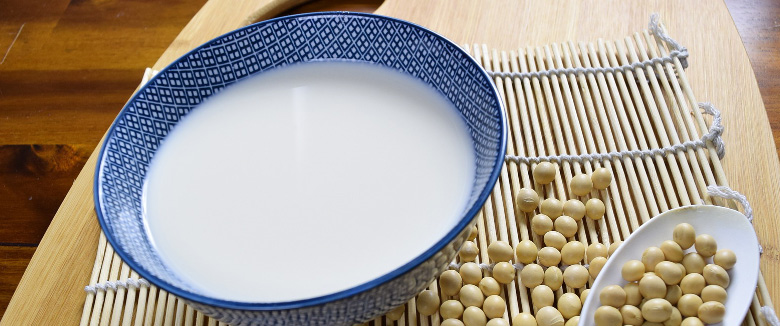How to add non-dairy milk options to your coffee shop

As we see vegan and vegetarian options slowly becoming more and more popular, food and drink establishments are striving to offer more options that fit those dietary requirements.
In the food world we’ve seen so many new plant-based alternatives to popular meals, including the popular “bloody” burgers, which even some of the larger fast food chains have got on board with.
In the world of coffee, having non-dairy options is becoming a necessity, as alternatives to regular milk are now available in the supermarkets – it’s become mainstream. Plant-based milk sales in the UK have increased by 30% since 2015 alone according to market researchers Mintel. That is some rapid growth, and the trend appears to be continuing upwards.
For coffee shops, it’s a difficult decision on which non-dairy milks to stock, and other related issues to consider; especially since there’s so many to choose from, including milk made from Almonds, Soy, Oat, Coconut, Cashew, Macadamia or Rice.
There’s also some lesser known alternatives like Quinoa and Hemp Milk. The most popular seems to be Almond milk, which makes up 2/3 plant based milk sales.
Almond Milk
Made from ground almonds and water, this milk sometimes might contain additional thickening agents to give it a better consistency. It’s also lactose free, making it ideal for the lactose intolerant.
It’s got a smooth, slightly sweet taste – with a slight nutty taste (which is to be expected seeing as it’s made from a nut!). It’s the most popular alternative to regular milk.
It is unsuitable for people with nut allergies, and more specific Almond allergies. It also contains zero saturated fat and is low calorie.
Oat Milk
Oat milk is made from cut or rolled oats that are soaked and blended with water, and then strained. It is free from many of the usual allergens you can find in other milks.
Its know to taste quite similar to cows milk, with a slight oaty aftertaste. It’s usually a thicker milk than most other non-dairy milks.
Some oat milks may not be gluten free however, so this is something important to bear in mind.
Soy Milk
Made from soybeans and water, this milk sometimes might contain additional thickening agents to give it a better consistency. Soy milk is also free of cholesterol and low in saturated fat. Plus it also contains no lactose.
Soy milk often has a creamier consistency, making it ideal for making steamed milk.
It is also unsuitable for people allergic to soy, and may have other health implications based on previous research.
Coconut Milk
Made from coconut cream and water, coconut milk doesn’t actually contain any nut, so should be OK for most people.
The milk has a sweet, rich nutty flavour that is well known from anyone who’s tasted Coconut.

Can these milks be steamed/foamed?
Results may differ depending on the brand and type of milk chosen, but you should be able to get some great results frothing up non dairy milks.
It’s worth doing some research on which brand and type of milk will work best for your coffee shop, as each type has its own benefits and drawbacks for making coffees with.
Ensuring your baristas have practise steaming and creating foam with your chosen milks is also important to ensure the best results possible are created.
Which one(s) to offer?
Not everyone agrees on which milk is the best. The different milks have different pros and cons. So it would be useful to offer more than one; giving your baristas and customers the options.
It’s worth making sure customers know which non-dairy alternatives you offer, to ensure that everyone is aware and so they can make choices depending on their tastes.
You could create dedicated non dairy drinks to suit these milks, giving non-dairy drinkers some unique recipes to choose from.
